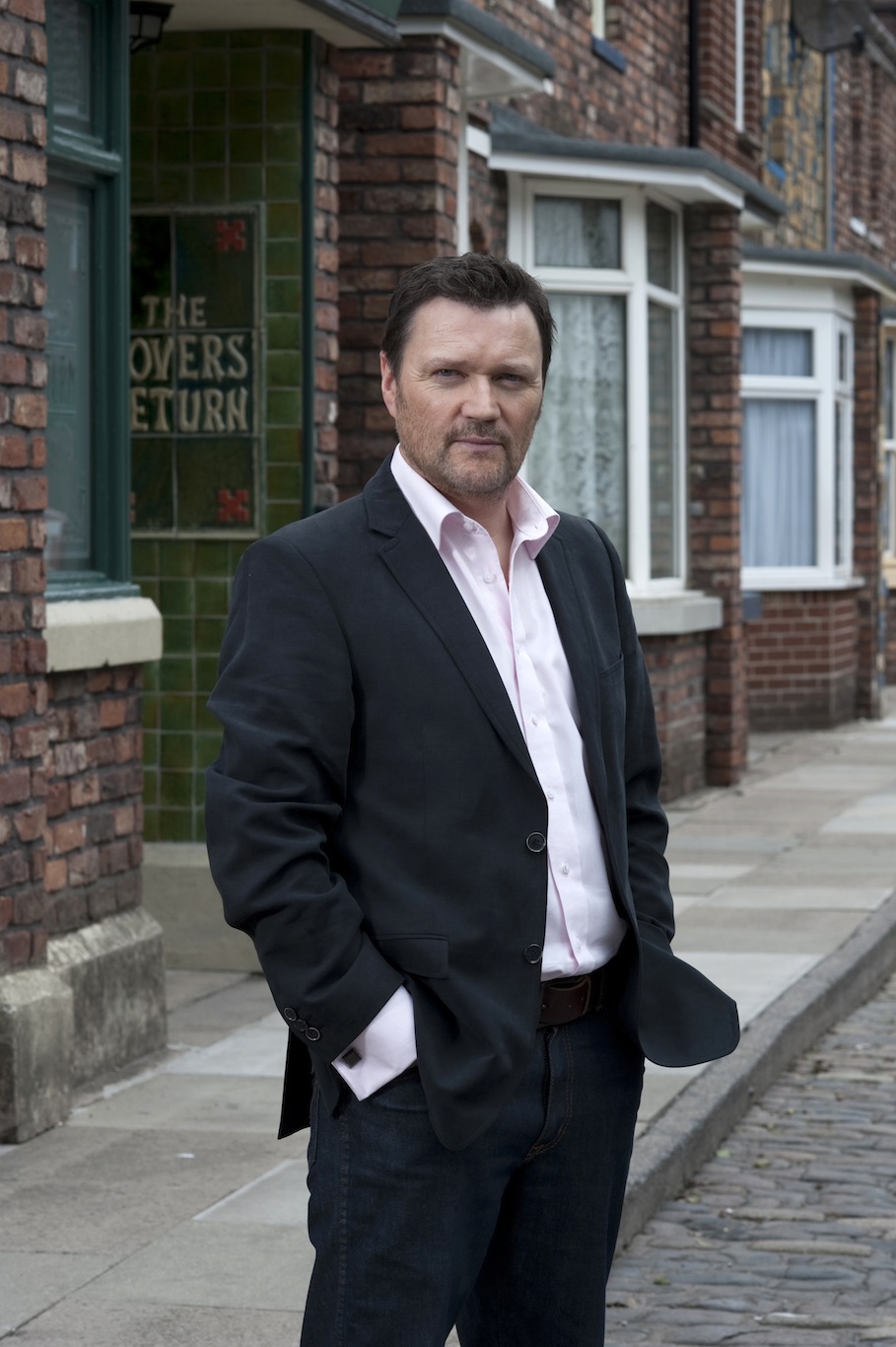I’m sitting in a Chester café with the actor Ian Puleston-Davies, better known as Owen in Coronation Street.
We’re supposed to be chatting over coffee and bacon sandwiches but Ian can’t settle – his Obsessive-Compulsive Disorder (OCD) is playing up.
“I’m sitting here obsessing about whether my ear is clean, about the stains on the table and how close the guy behind me is sitting,” he explains, trying hard to conceal his agitation.
“It took me ages to just sit down at the table as I was afraid it would break my coccyx on the chair.”
Ian is a patron of OCD-UK, the national charity campaigning for support and treatment for sufferers, which marks OCD Awareness Week from today [October 13], an initiative designed to change inaccurate perceptions about OCD.
“Sometimes,” adds Ian, “it’s exhausting just getting through the day.”
According to figures from OCD-UK, there are some 750,000 people in the UK living with OCD, an anxiety-related condition characterised by frequent uncomfortable and obsessional thoughts.
Around 50 per cent of cases fall into the severe category. It can strike from young children to adults, regardless of gender or cultural background.
“OCD is the poor cousin of mental health in that people tend to joke about it and trivialise the suffering of those living with it.”
Ashley Fulwood, Chief Executive of OCD-UK, adds: “But it is a serious illness and it can lead to tragic consequences.”
Ian suffered his first experience of anxiety-indicted OCD behaviour aged just seven years old. He was on the football pitch at his primary school in North Wales when his classmates started to tease him for fiddling with flies while passing the ball.
After that, he was always the last one to be picked for the team.
“I still remember being in my bedroom and consumed with the anxieties I subsequently nicknamed my habits,” he says.
“I felt like an alien. The only clue to what was happening came from reading the problem page in my mother’s copy of Woman’s Own about housewives obsessively washing their hands.”
Ian wasn’t diagnosed with OCD until the age of 35 by a Harley Street therapist and suffered in silence for the intervening years.
“I was crippled by over-sensitivity to everything: contamination, fear of harm to myself, or others,” says Ian. “I was even terrified that if I got up too quickly in the morning, then I’d break my back.”
At his lowest point, he simply couldn’t get out of bed, an image he later created for the opening scene of the ITV drama, Dirty Filthy Love (2004), a story about a man struggling to understand his OCD, co-written by Ian and staring the Welsh actor Michael Sheen.
For Ian, OCD Awareness Week is about encouraging sufferers to reach out for support and treatment.
Men suffering from mental illness are, he sighs, generally less inclined to share the problem with their partners or mates.
“I’m angry at myself for being weak. I’m a husband and a father, the paternal protector, but at times I’m shrivelled in the corner stressing about a stain on the wall.”
“Sometimes I feel OCD has completely emasculated me,” he says.
But a range of treatments are now available – from local community support groups to Cognitive-Behavioural Therapy (CBT), as well as the use of (SSRI) medication, an anti-depressant to control serotonin levels and reduce anxiety.
“Sufferers should seek help early as the longer you leave it, the worse it gets,” explains Professor Paul Salkovskis, Professor of Clinical Psychology at the University of Bath.
“There’s nothing fundamentally wrong with OCD sufferers’ brains and the research shows a good proportion of sufferers will not just improve, but may eradicate the condition, with suitable treatment.”
“Like learning a new language,” he adds, “you can actually retrain the brain.”
Back in the café, Ian he has finished his coffee but his sandwich remains half untouched. “We live in anxious times and the anxiety within us as a society is growing,” says Ian. “I’m really concerned about how our children are increasingly susceptible to OCD.”
“But, ultimately, I have to beat OCD and find some peace,” he adds. “After all, I can’t to go to my grave with wet wipes.”
Gazetteer
This story was first published for Telegraph Men under the headline, Sometimes I feel OCD has completely emasculated me.
